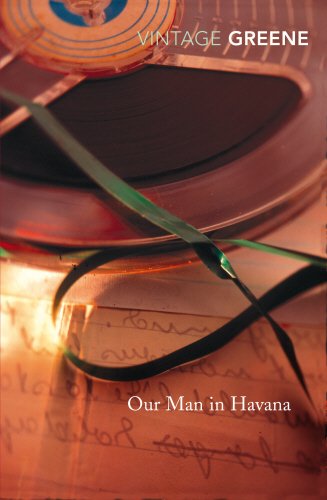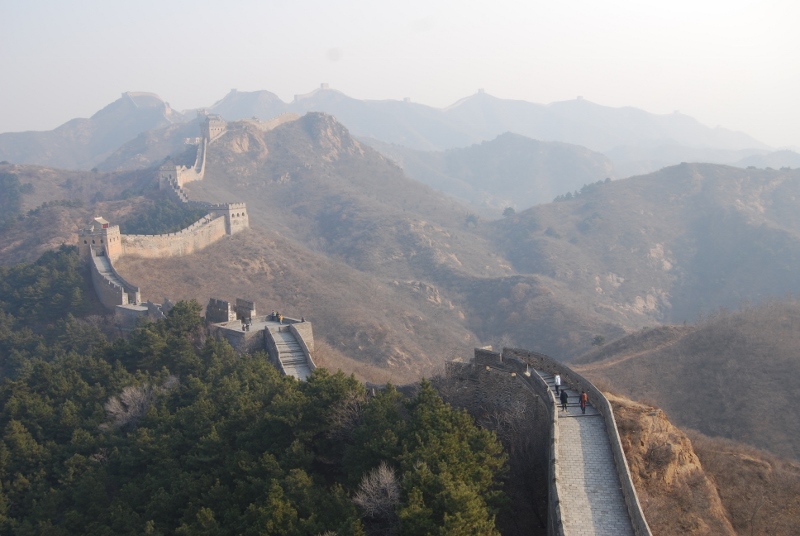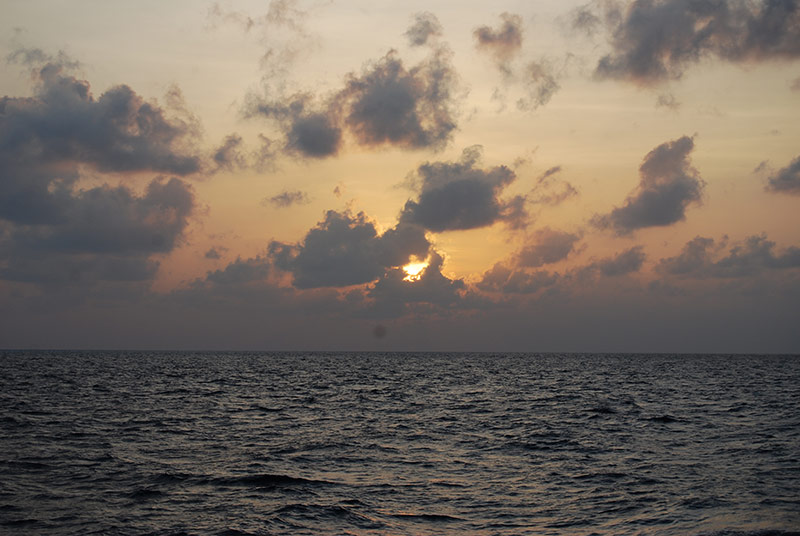Never trust a man in a purple onesie – and other thoughts (complaints) from the Alps
HAVING recently been in the Alps on a skiing trip, where there was very little snow, I had plenty of time between the few runs available to contemplate etiquette and general goings-on in the mountains.
At a café where a song with the lyrics “your sex is on fire” was playing (or something of the sort), followed by the 1980s Norwegian pop sensation A-ha’s “Take On Me” and various “Euro-beat” numbers, a friend and I had little better to do than compile a list of “What’s Wrong With Skiing”. We were moody as a result of the lack of skiing and lengthy queues at the lifts (we were at Avoriaz in France), so excuse me if we sound like we’re whinging . . . which we are (a bit).
Here is our list:
1) Never trust a man in a purple onesie. Such snowboarders, for they are almost always borders, are erratic, dangerous and a pain. They are also, we feel, a symbol of some kind of deep-seated social malaise.
2) Also never trust, or have dealings with, anyone wearing retro 1980s luminous/Run-D.M.C-style Adidas gear. They are usually annoyingly loud and think, as my friend put it, that “they’re so funny”.
3) Selfies. It is unacceptable to take selfies while skiing down the mountain. You can’t see where you’re going.
4) Middle-aged men wearing stereos on their heads blaring out house music. This is a particularly regrettable development.
5) Cafes selling Perrier for 3.3 euros in small cans without the offer of a glass (or a smile).
6) People who seem afraid to go on lifts with strangers, thus meaning that despite very long queues, half the chairlifts go up with seats empty (we partially blame the authorities for this).
7) Snowboarders who drop to their knees for a rest in the middle of slopes as though they are contemplating their latest great “trick” – just annoying.
8) Chanel or Prada ski gear. This is, says my skiing companion, “only acceptable if Claudia Schiffer or Claudia Schiffer’s sister is wearing it”. Apparently they can ski and get the stuff for free – anyone else who wears it, is talentlessly stinking rich and unlikely to know what they are doing on the slopes.
9) People who have “GoPro” cameras on their ski helmets: “Is it on? Is it on? Is the red light flashing?” Enough!
10) Middle-aged Britons who ask for advice on where to ski and then turn round and say to their friends, after good advice is given: “You can’t trust him, he’s not drinking beer!” At 10.30am.
11) People who talk about Ski Tracks, an app that measures how far you have travelled. Who cares?
12) 30 and 40 years olds who talk as though they’re 15-year-old surfers or rap stars – “yo! that was awesome” etc – and dressing like them too.
13) French people who give totally incorrect directions – seemingly for fun/evil reasons.
14) Women in their 30s who wear novelty helmet covers shaped like furry animals.
15) Borders who discuss Ibiza the whole time – as in: “This is so like Ibiza on snow.” No it’s not. It’s nothing like it.
16) Italian men who piss by the side of runs.
17) Queue-jumping French people (though that’s an obvious one).
18) The Swiss: why do they have to do everything so precisely? It’s annoying.
19) Essex wideboys: “Lawrence! Lawrence! Tell ‘em: table for 16 of us!”
20) People who try to steal your rental skis. I am specifically referring to the tall man with hunched shoulders and a sloping grey woolen hat who tried to avail himself of mine in Avoriaz. He simply shrugged, dropped the skis and walked away when challenged.
21) The minority fashion trend for wearing aluminium foil-style ski jackets – often emerald green.
22) Camouflage gear. War is not cool.
23) Elderly men wearing fake dreadlock hats.
24) “Hot French women should not be with French blokes. Full-stop,” says skiing companion.
Thus concludes an Alpine rant.
One might add a number 25 – “Brits putting the world to rights on deckchairs in the sun as the snow melts all around them”. But we chose not to.
• @tchesshyre
• Editorial consultant: Jamie Fox: @jamiefox1
Give it a rest:




![BlogFlightDelayed[1]](http://www.tomchesshyre.co.uk/wp-content/uploads/2014/12/BlogFlightDelayed1.jpg)
![_40864128_crowds-203-pa[1]](http://www.tomchesshyre.co.uk/wp-content/uploads/2014/12/40864128_crowds-203-pa1.jpg)



